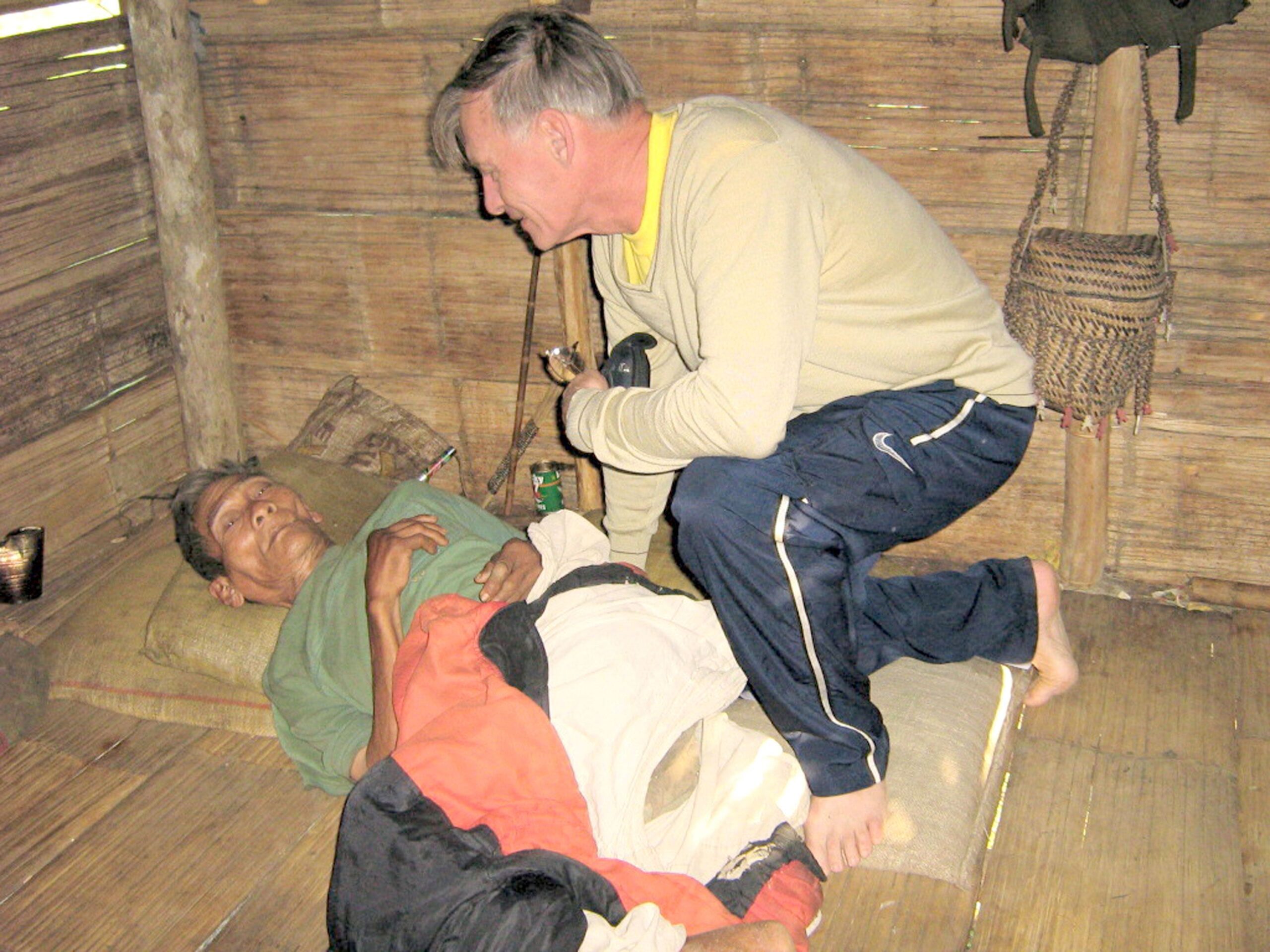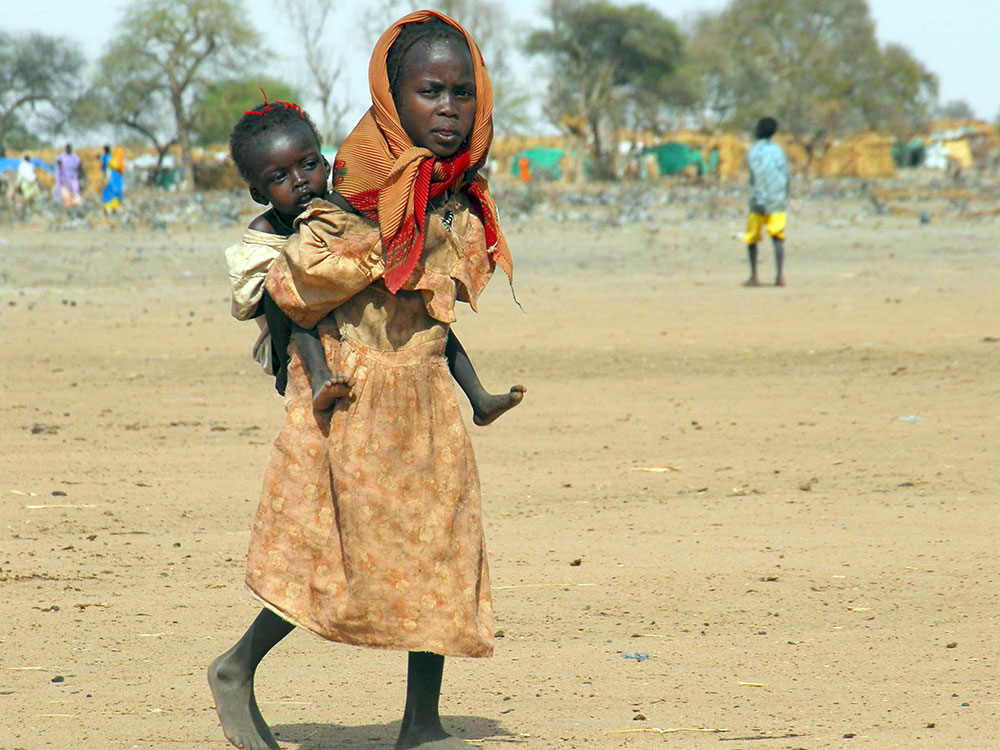Last week, I had a meeting with a remarkable man, Tony Meloto, the founder of the Catholic social action movement Gawad Kalinga (Caring for Others) that is utilizing all of its resources to mobilize the church, politicians, community leaders and every willing Filipino to do good to help their neighbor and bring an end to the crippling and disastrous poverty in the Philippines. His goal is to achieve this by 2024.
Gawad Kalinga is an organization that mobilizes all sectors of society to provide community organization, low-cost housing, educational and medical assistance to the poorest of the poor among slum dwellers. It has a remarkable history of achievement with thousands of houses for the poor built all over the country, combining the help of the slum dwellers themselves and volunteers, and support and land from corporations, church leaders and even politicians. The poor find their dignity and are empowered to help themselves.
Loving God with one’s whole heart, mind and spirit is the first and greatest commandment as taught by Jesus Christ but equal to it is to love your neighbor as yourself. Looking at the inequality, poverty, violence and moral decay in the Philippines today, one can be forgiven for believing the ruling elite and the well-off have considerably more love for themselves than for God or neighbor.
Sixty years ago, China was a devastated and helplessly disunited nation of over a billion impoverished people caught in the grip of civil war and then ruled by the iron fist of Mao’s repressive godless atheistic communism. The Philippines was emerging from the rubble of war, was newly independent and a growing economic success story as the only Catholic and democratic country in Asia.
Then it fell victim to the rising greed and criminal ambition of a ruling elite that emerged from the Spanish land-owning dynasties and American corporations. The new post-war generation wanted true freedom and prosperity but never saw it; their cries were stifled by the despotic martial law rule of Ferdinand Marcos, his wife Imelda and their cronies. Unbridled corruption has ruled supreme since but for the short rule of President Corazon Aquino. So, today, the situation of China and the Philippines is totally reversed. In a recent survey, more Filipinos reported experiencing hunger more times now than ever before. In communist China, more people experience prosperity as never before. Likewise Korea, Malaysia, Singapore and Vietnam have thrived while the Philippines has sunk. What can we do now?
Where did the Philippines go wrong? Did Christianity, democracy and the rule of law fail to bring about a society with basic social services, decent employment and significant reduction of poverty? Has Catholicism failed because it focused mainly on the rites and rituals of religion and forgot the social teaching of Jesus and the Church itself? Did its leaders turn to a flawed belief in miracles and forget the gospel message that “faith without action is useless” as St. James wrote? No one can be sure but, simplistic as this reflection may be, these questions beg answers.
If the Philippines went wrong, did China go right? It got rid of the warlords, landlords and disunity. After the disaster of Mao’s rule, more enlightened rulers realized that over a billion people could not be kept in poverty and the communist government would never be safe unless they shared the wealth declaring that to get rich, by all, was beautiful. It turned to a mixture of iron-fisted one-party rule and a form of state capitalism. In the Philippines, there is the capitalism of the elite, a “one-class” rule, a very real oligarchy.
But if Philippine civil society and movements, like Gawad Kalinga, do empower themselves and the people take responsibility, work together for human and economic development, self-help and live the great values of equality, justice, compassion and love of their neighbors, there is hope for a better life ahead.









